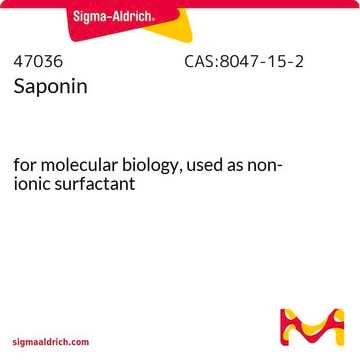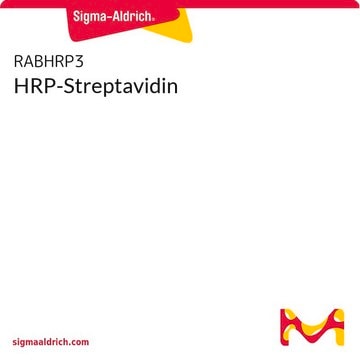P1291
Peroxidase Anti-Peroxidase Soluble Complex antibody produced in rabbit
affinity isolated antibody, buffered aqueous solution
Synonym(s):
Antiperoxidase, Pap Antibody, Peroxidase Anti Peroxidase, Peroxidase Anti Peroxidase - Peroxidase Anti-Peroxidase Soluble Complex antibody produced in rabbit, PAP
About This Item
Recommended Products
biological source
rabbit
Quality Level
antibody form
affinity isolated antibody
antibody product type
primary antibodies
form
buffered aqueous solution
technique(s)
immunohistochemistry (formalin-fixed, paraffin-embedded sections): 1:200
shipped in
dry ice
storage temp.
−20°C
target post-translational modification
unmodified
Looking for similar products? Visit Product Comparison Guide
Specificity
Application
- immunoblotting
- to detect the expression of TAP-tagged proteins
- immunoprecipitation
- immunohistochemical staining
Biochem/physiol Actions
Physical form
Storage and Stability
Disclaimer
Not finding the right product?
Try our Product Selector Tool.
Signal Word
Warning
Hazard Statements
Precautionary Statements
Hazard Classifications
Skin Sens. 1
Storage Class Code
10 - Combustible liquids
WGK
WGK 3
Flash Point(F)
Not applicable
Flash Point(C)
Not applicable
Certificates of Analysis (COA)
Search for Certificates of Analysis (COA) by entering the products Lot/Batch Number. Lot and Batch Numbers can be found on a product’s label following the words ‘Lot’ or ‘Batch’.
Already Own This Product?
Find documentation for the products that you have recently purchased in the Document Library.
Our team of scientists has experience in all areas of research including Life Science, Material Science, Chemical Synthesis, Chromatography, Analytical and many others.
Contact Technical Service








